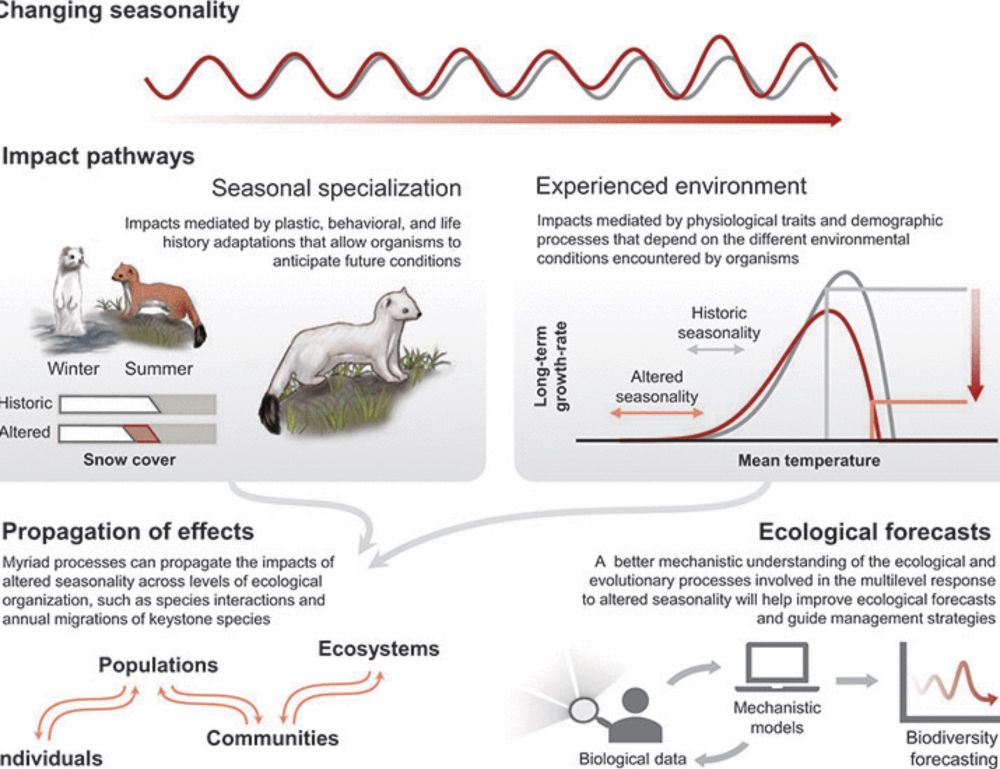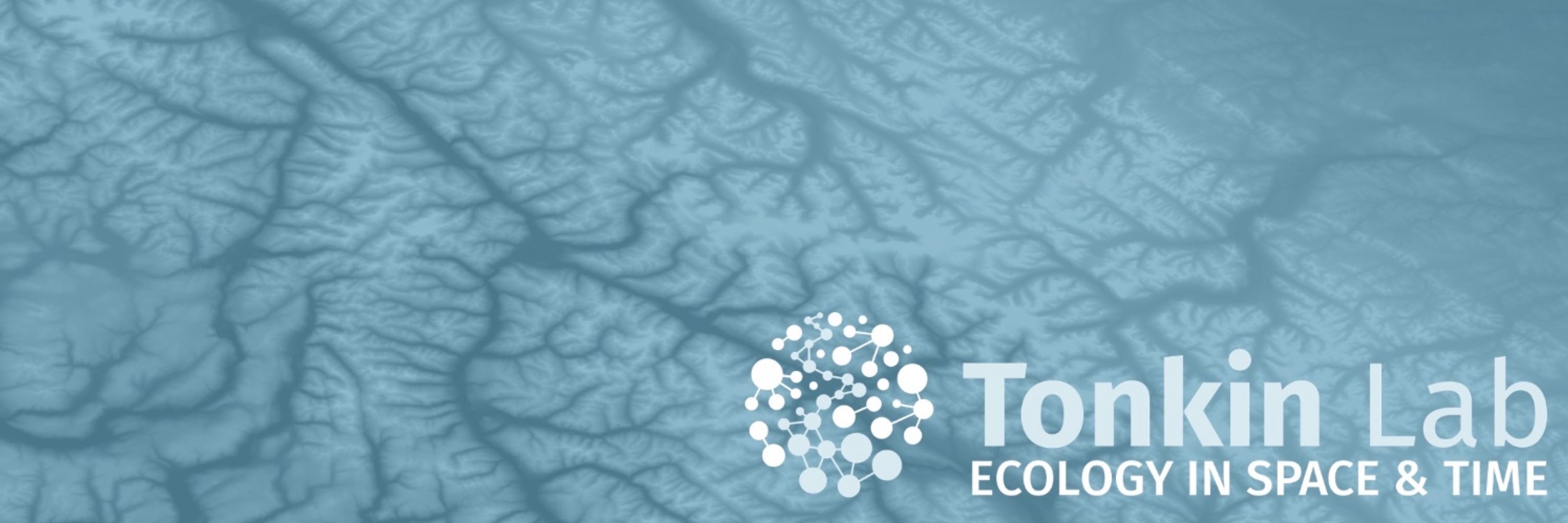Jonathan Tonkin
@jdtonkin.bsky.social
5K followers
1.4K following
570 posts
Dad | Associate Professor & Rutherford Discovery Fellow @UCNZ | #ecology, #biodiversity, #forecasting, #freshwater, #climatechange | surf obsessed | https://tonkinlab.org | 18K weekly newsletter. Subscribe: https://predirections.substack.com
Posts
Media
Videos
Starter Packs
Pinned
Jonathan Tonkin
@jdtonkin.bsky.social
· May 29

Ecological and evolutionary consequences of changing seasonality
Climate change and other anthropogenic drivers alter seasonal regimes across freshwater, terrestrial, and marine biomes. Seasonal patterns affect ecological and evolutionary processes at different eco...
www.science.org
Reposted by Jonathan Tonkin
Reposted by Jonathan Tonkin
Reposted by Jonathan Tonkin
Reposted by Jonathan Tonkin
Reposted by Jonathan Tonkin
Reposted by Jonathan Tonkin
Reposted by Jonathan Tonkin












